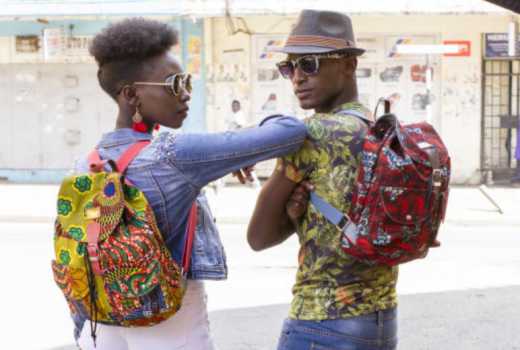×
The Standard e-Paper
Truth Without Fear

When Mohamed Awale started Suave Kenya in 2012, he didn’t think he’d have the kind of business that would see him reach an international market.
Mohamed, 29, wakes up early each day and scouts for materials in Nairobi’s Gikomba market, which he uses to create bags that are chic and have a uniquely African artistic flair that resonates with those looking to stand out. With time, he’s improved his designs and implemented new ideas that have seen him recycle what would be waste fabric into unique finished products.